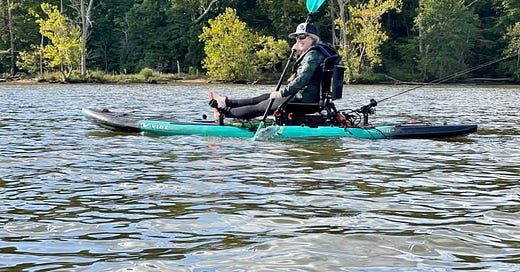District of Conservation listeners are in for a treat this week. Joe Trotter, formerly with ALEC and now with Texans for Clean Water, re-joins the podcast to talk clean water.
Politically, supporting clean water is overwhelmingly bipartisan and nonpartisan. No American wants to drink or see dirty water. Like every environmental cause of late, only one party is culturally associated with clean water: Democrats. But that’s not the case.
Federal water policy is, sadly, tied to heavy-handed government. The back-and-forth on Waters of the United States (WOTUS) rule making is the clearest example. Wetlands absolutely deserve protection, but they shouldn’t be lumped in with puddles and ditches. Property rights must also be respected, as well. That hasn’t been the case on this issue.
Here’s more about Texans for Clean Water:
Texans for Clean Water is to organize a statewide group of business leaders, industries, and NGOs through a common initiative to prevent and remove waterborne litter. Restoring the viability of our waterways improves neighborhoods, brings recreational opportunities to our communities, and encourages economic growth.
Unlike a lot of clean water groups, TCW believes in free markets and not top-down solutions. Here’s one of their initiatives:
States from Iowa to Maine have successfully implemented a free market, no-tax solution to plastic waste and litter: A Refund Program that has produced extraordinary results over the years.
In states where a similar rebate program has been implemented, reverse vending machines at grocery or convenience stores return a cash rebate for deposited drink containers. You simply keep the bottles you use during the week and, on your next grocery trip, drop off the waste for some extra cash.
If you don't want to return your plastic, consider donating it or use your current recycling or waste container. The free market incentives of this program are projected to increase recycling rates 6 times over and will reduce the overall consumption and plastic waste in our overflowing landfills with NO tax increase at all.
Joe lays out his new organization’s mission well and explains how nations like Lithuania and Germany have successfully adopted similar programs with great success.
Tune in to learn more!





Are you sure that Iowa isn’t taxing its citizens? When I was there (a while back), the bottle deposit returned a $0.05 tax on each container. A deposit that is refunded to me is still a tax.